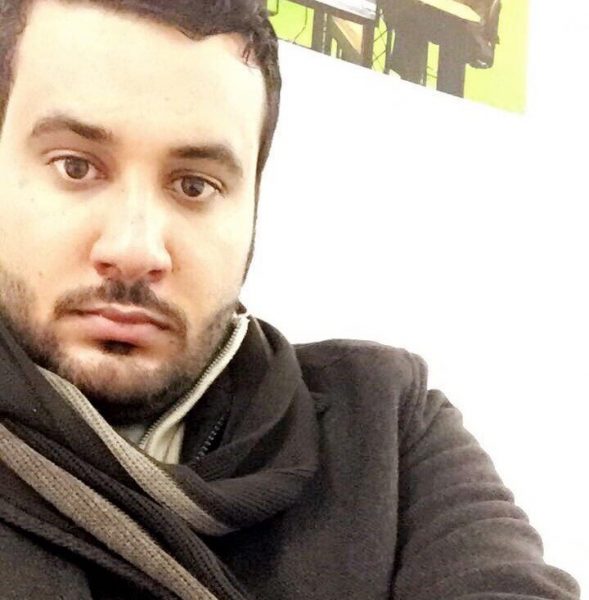Raad Ali A Alshammari
What drew you to CSU and the MA English, Literature program?
It is simple; a good place, a good school, and a good program.
Is it true that you’re famous on Twitter?
I am not that famous, but I can say I’m active on Twitter. I have around 3,600 followers now and I always enjoy immersing myself in many discussions which I find interesting and relevant on Twitter.
Tell us about Twitter and the work you have done to garner so many followers. What is the audience you write these articles for?
I tweet about literature a lot, usually offering critical commentary on fiction books and poetry. This made my Twitter account, to some extent, appealing to those who are interested in literature. One follower was an editor of a literary page in one of the national newspapers in Saudi Arabia; he offered me to write a weekly article for them, which I was delighted to accept. So, I wrote 12 articles during the three months of summer vacation. After that, I stopped to keep focusing on my studies. Regular writing consumes both lots of time and effort.
You’re graduating this semester, correct? What does your future look like? Do you plan on going back to Saudi Arabia? Or continuing your education here in America?
Yes, I am. My defense will be held in the coming third week of March. Concerning my future plan, I am actually planning on both; I must go back to Saudi Arabia after graduation and practice teaching literature for some time, perhaps a year, in the university where I work. Then I will come back here to pursue my Ph.D.
Tell us a little bit about your area of study/thesis. What motivated that interest? What are you researching/writing about?
In a broad sense, I am interested in literary transnationalism. I find transnational texts super contemporary regarding the themes they discuss and so relevant to our global concerns today; this contemporariness suits my intellectual temperament more. My MA project is specifically about diaspora. I am working with two diasporic novels by Palestinian American writers (Mornings in Jenin by Susan Abulhawa and Salt Houses by Hala Alyan) to explore how the human body is narratively constructed to function as an extension of the lost home in the Palestinian rhetoric of diasporic memory.
